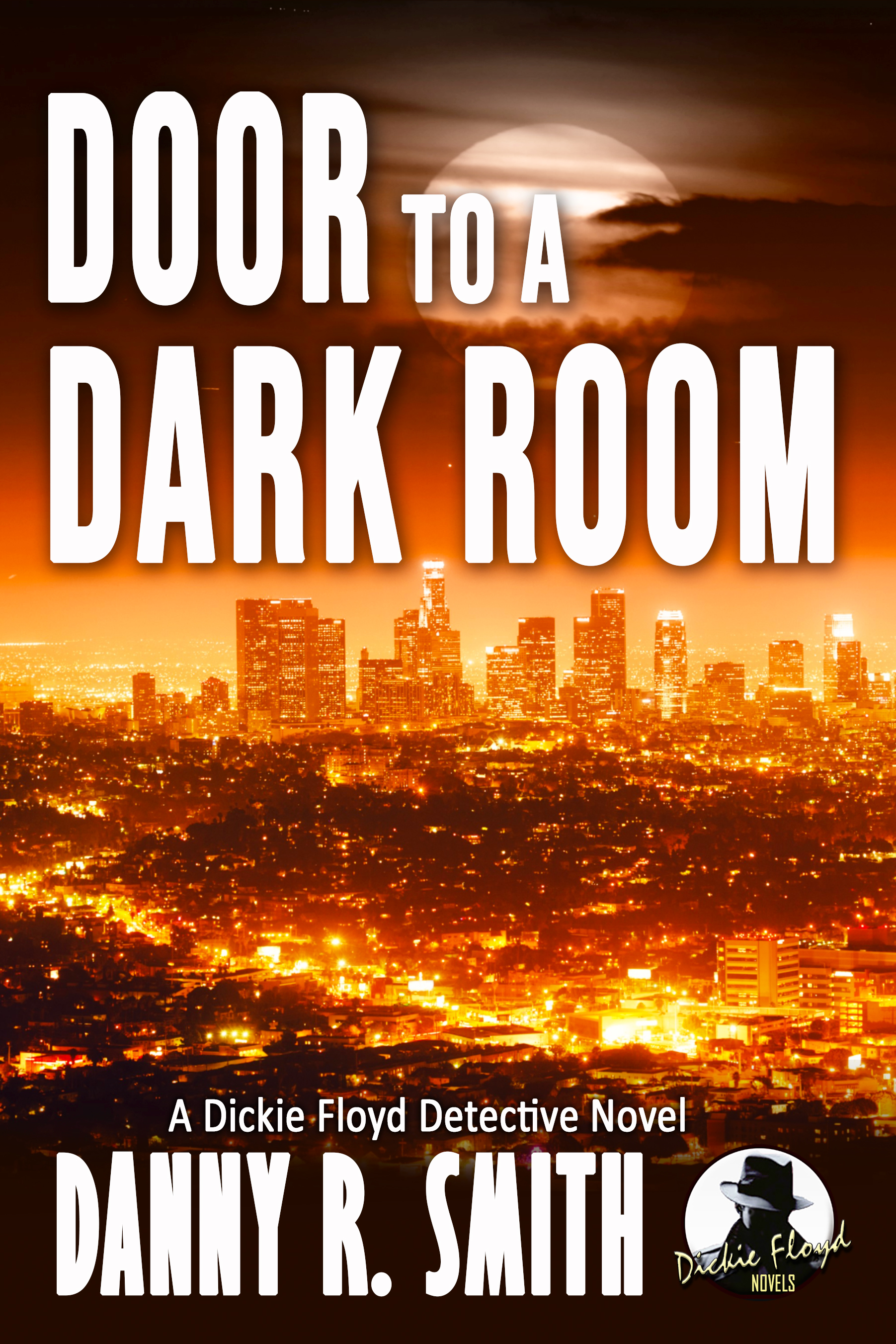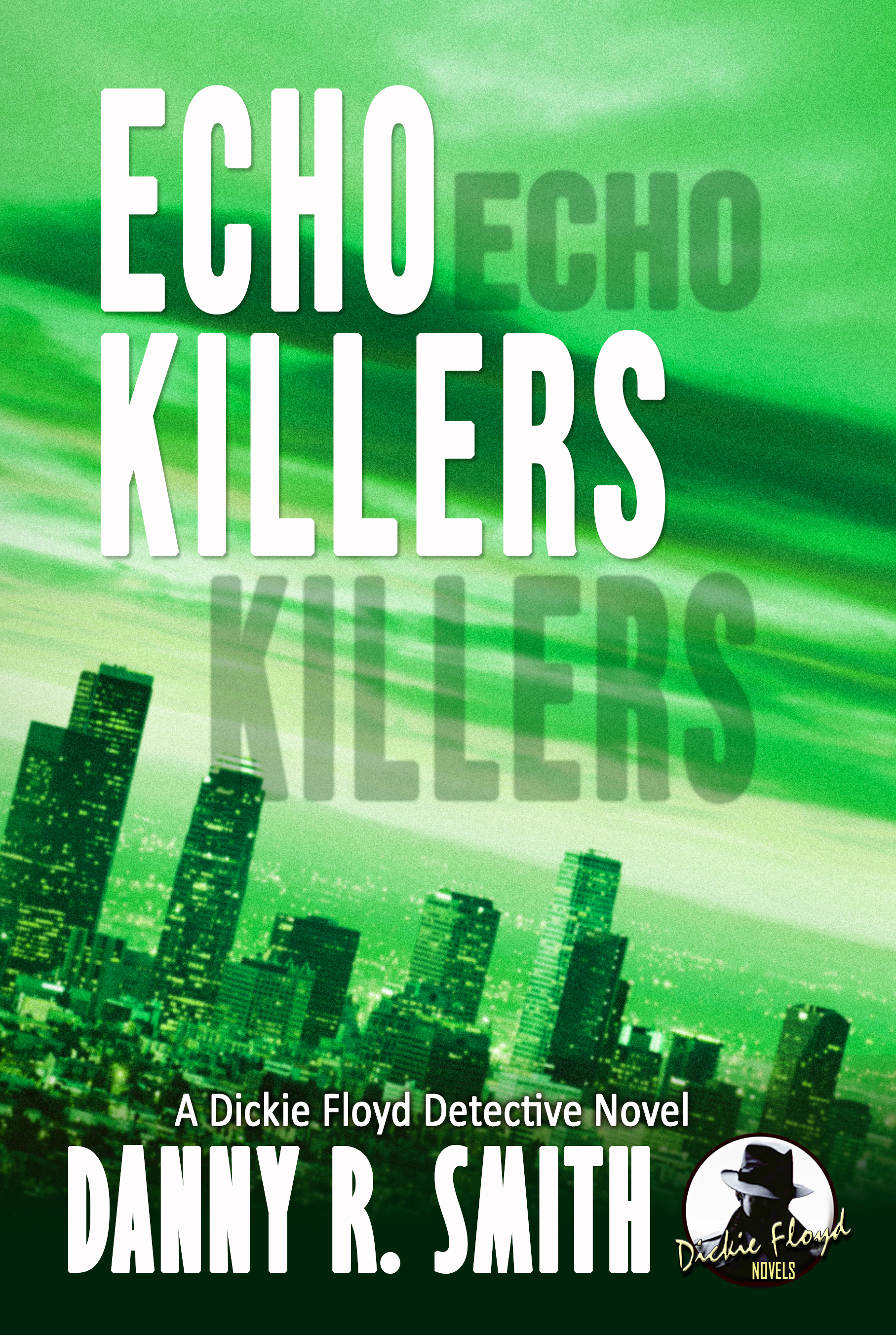In the last few months of my patrol career, the intrusion of Mobile Digital Terminals (MDTs) began eroding the sanctity of the radio car and, in my opinion, the relationships of the partners therein.

Many cops were immediately enthralled by the electronic “toy” they were provided, and they enjoyed the many tools it offered: running license plates without going through dispatch, checking the driver’s statuses of ex-whatevers, sending messages to others throughout our department.
A New Trend Emerged
When passing radio cars on the streets, it became all too common to see one, if not both, occupants staring at the glowing screens the way a nine-year-old watches morning TV. Of course, sometimes, the cops were likely reviewing a call or important message. But I know firsthand that more often than not, they were chatting with an academy friend who worked fifty miles away at another station, or with the sexy-voiced dispatcher, or with their buddy who was stuck working inside as the watch deputy.
 Suddenly, rather than seeing Malloy and Reed carrying on conversations about women and criminals while their eyes dutifully scanned the streets, cars, business fronts, and alleys they passed, you saw Beavis and Butthead staring at the MTV in their car, oblivious to anything going on around them.
Suddenly, rather than seeing Malloy and Reed carrying on conversations about women and criminals while their eyes dutifully scanned the streets, cars, business fronts, and alleys they passed, you saw Beavis and Butthead staring at the MTV in their car, oblivious to anything going on around them.
Similar to Smartphones
 In the same way that smartphones have stolen the sanctity of personal visits, the introduction of electronics into radio cars has had the same effect. The way video games swept a generation of children off of the streets and parks and playgrounds, replacing physical activity with mind-numbing blocks of wasted lives, there was now a distraction from the world outside of those patrol cars, and an alternative to idle chat between partners.
In the same way that smartphones have stolen the sanctity of personal visits, the introduction of electronics into radio cars has had the same effect. The way video games swept a generation of children off of the streets and parks and playgrounds, replacing physical activity with mind-numbing blocks of wasted lives, there was now a distraction from the world outside of those patrol cars, and an alternative to idle chat between partners.
As Night Car detectives, my partner and I were out in the field during most of our shifts. We drove around in “slick” cars—sedans of various colors that didn’t have sheriff’s insignia all over them—or sometimes in undercover vehicles of various makes and models. It amazed me how often we would pass a patrol car and the deputies inside would never notice our presence. I recall once pulling alongside one at a stoplight and neither occupant ever looked up to check their surroundings; they were too busy staring at the new digital toy in the car. My partner yelled to startle them, and we all laughed. But was it a laughing matter?
Patrol Training Lessons

When my patrol career first started, my training officer explained the principle of patrol thus: we put ourselves in harm’s way and we hunt bad guys. The car was divided down the center, he said; everything on the right was mine, the left was his. He had better not ever glance over and see a “good shake” or a crime in progress on my side of the car that I had missed.

The point was that even if I was writing a report (yes, we did that with pencils on paper while remaining in the field handling our calls—unlike some agencies), it was my responsibility to constantly look up so that I would know our location and be aware of everything around us.
A Little Stress for Effect
A good training officer would watch for his trainee to fail to look up when the car changed directions, and then he would teach him/her a lesson that would never be forgotten. Halfway down the block where street signs couldn’t be seen, the training officer would slam on the brakes and shout, “I’ve been shot! Where are we, trainee?”
 Panic would strike and the trainee would fumble for words while the training officer ramped up the stress, screaming at him, “Are you going to let me die? Where are we, trainee? We need assistance!” Most trainees would only have to experience this once and they would never again be caught unaware of their location. As my training officer had said, “If you miss our location (when turning onto a street), ask. But know where we are at all times.” I spent the rest of my career seeing every street sign on every corner.
Panic would strike and the trainee would fumble for words while the training officer ramped up the stress, screaming at him, “Are you going to let me die? Where are we, trainee? We need assistance!” Most trainees would only have to experience this once and they would never again be caught unaware of their location. As my training officer had said, “If you miss our location (when turning onto a street), ask. But know where we are at all times.” I spent the rest of my career seeing every street sign on every corner.
Awareness is critical for uniformed patrol officers as their lives and the lives of others depend on it. “Keep your head on a swivel.”
I might be one of those old-school cops who grumbles about how great it was then and how everything has changed and not for the better. It doesn’t mean there isn’t some truth to what I say. Truthfully, I know that police work is more difficult today than it was when I worked patrol. I tip my hat to every person willing nonetheless to continue putting themselves in harm’s way. May God bless you and keep you safe.
* * *
Thank you for reading my blog. I hope you will share it with your family and friends.
A GOOD BUNCH OF MEN
 DOOR TO A DARK ROOM
DOOR TO A DARK ROOM
 ECHO KILLERS
ECHO KILLERS
 THE COLOR DEAD
THE COLOR DEAD

Death after dishonor
* * *

Thanks for. the memories Danny. Remember pre MDT days when SRC would say ” stand by all units we have an emergency”, which meant. trying. all the frequencies to find out where the pursuit was or where the OIS or 997 was so you could start rolling that way
I remember those days well… and I miss them too!
Yes, speaking of COLORS, I recall many scenes were filmed in & around Carson Station. In fact one afternoon Duvall & Penn were filming inside the station when I picked up the telephone in the narco office and paged “McSweeney return to narco immediately. “Well the microphones caught that announcement and it became part of the film. So the next time you watch COLORS listen closely. This was a tribute to my narco partner William McSweeney (RIP)
That is very cool.
I have to ask, how would the information inside the computer terminal be updated in real time? This was the 1980’s after all, when smartphones and mobile Internet were non-existent. Thanks in advance for any helpful answers ☺
I’m not a tech guy, Raul, but I know the MDTs had their own antenna on the patrol cars, so I would have to assume that it was done by radio wave.
Thanks for the info! It was more of a portable terminal, and it made sense the way you describe it! Thank you for having served our community during the 1980’s. It was a turbulent time to be a sheriff’s deputy for sure. I wonder if the movie Colors accurately captured the policing of the 1980s accurately. Thanks for your answer, deeply appreciated ?
Thank you, Raul. The eighties were insane in South L.A. due primarily to the crack cocaine epidemic. Yes, Colors did accurately capture much of the culture and policing. Interestingly, much of that movie was filmed where I worked at the time, Firestone Station. Duval and Penn were regulars at Firestone (LASD) and at LAPD’s Southeast and 77th Street stations. Some of our guys were stand-ins. The drive-by shootings depicted are absolutely on par with how it was. There were no cops who worked there for any length of time who didn’t at some point come around a corner and witness and/or become a part of that violence. Most of us have been in shootings and have witnessed murders. I’ve referenced some of these incidents in some of my blogs. Here is one such blog: http://dickiefloydnovels.com/crack-gangs-violence/
You also might be interested in the “Shooting on Elm Street” blog: http://dickiefloydnovels.com/elmstreet/
I could tell scores of similar stories if I were so inclined. Maybe over the years to come I will. Thanks again for your kind words and comments. Danny
The best part of the MDT was freeing up the radio. I remember we shared a frequency with at least two other stations and trying to run a license plate, or person, on a busy night was a pain… beep, beep, beep….
Once I had to recover & tow three stolen/abandoned cars; despite my best efforts to listen I had to ask SRC to repeat the info. She was less than pleasant with her response!
But eventually the MDT became a crutch for some to play license plate bingo…. there is no substitute for situational awareness.
Spot on! Fortunately I only had one in the unit my last year and to be honest I hardly ever used it…..
Same!
Well written, I completely agree; windows down, head on a swivel.
It reminded me of Firestone FTO Lee Gallagher doing the “I’ve been shot” test on Trainee Akalami. Having no idea where he was, Akalami (always quick on his feet) replied “bang, they got me too.”
That was the only good failing answer I ever heard; which was better then my replies when I failed that test and better then my trainees replies when I later tested them.
I remember you telling that story before. Hilarious! Thanks, Johnny.
Well done, Danny!
I, too am from the “old school” (pre-MDT). But (fortunately?) I never had to deal with the MDT conversion, as I left patrol in ’77 for Special Investigations, so never had to deal with this aspect of patrol.
As to the “Where are we” scenarios, I too, fondly(?) remember my TO in FPK slamming on the brakes and screaming “I’ve been shot!! Where are we?”. Brings back fond(?) memories!
Thanks again. Keep writing all that GOOD STUFF!! I really enjoy the books.
Thank you, Ed. I guess those were long-standing traditions, passed on through the generations. I hope they are still going! Danny